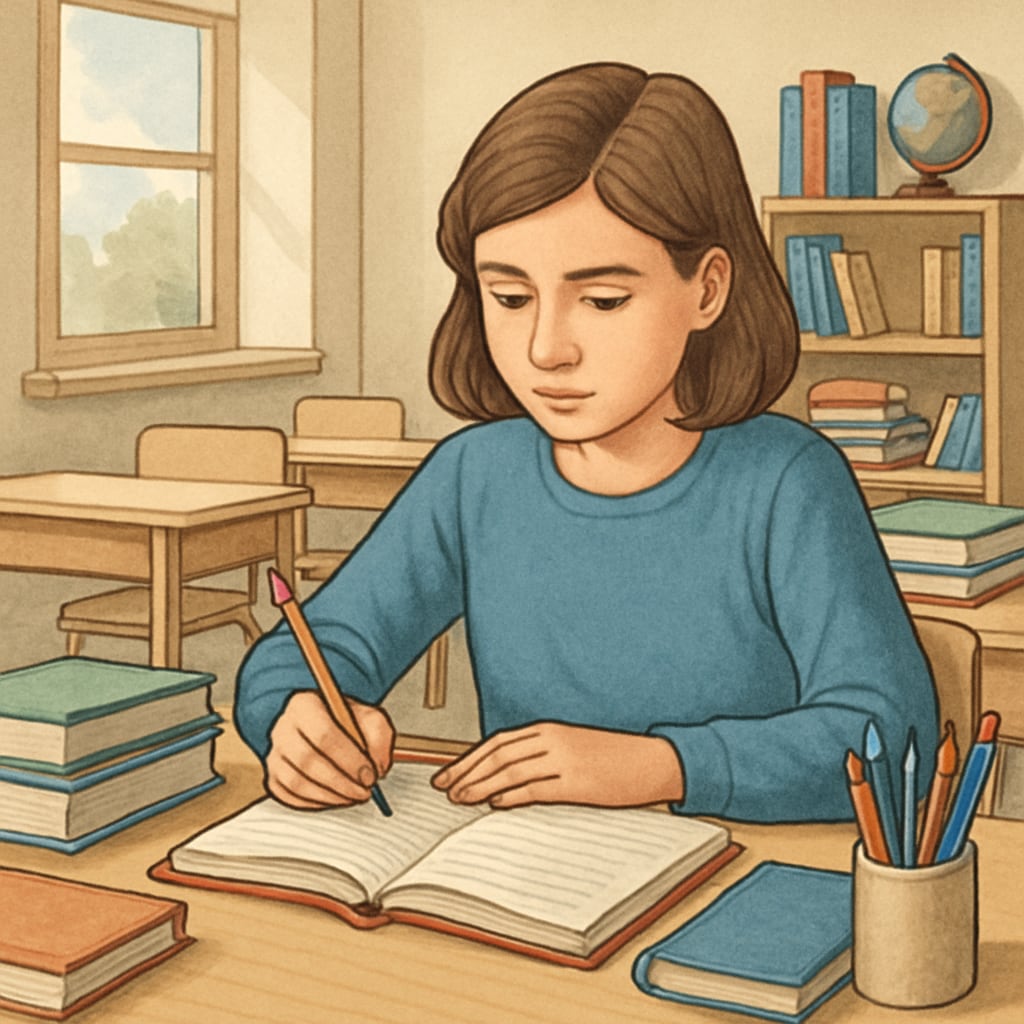Education is more than just the acquisition of knowledge; it is a transformative journey that shapes character, fosters critical thinking, develops self-awareness, and instills respect for others. Particularly during the K12 years, education plays a pivotal role in laying the foundation for young minds, not only in terms of academics but also in cultivating the mental agility and emotional intelligence necessary to thrive in an interconnected world.
The Role of Education in Nurturing Critical Thinking
Critical thinking is one of the most valuable gifts education can impart. It enables students to question assumptions, evaluate evidence, and make reasoned decisions. In a world oversaturated with information, the ability to discern credible sources from unreliable ones is indispensable.
For example, when students are encouraged to analyze historical events from multiple perspectives, they learn to appreciate the complexity of human experiences. Similarly, engaging in debates or problem-solving exercises equips them with the tools to think logically and articulate their ideas effectively. As a result, education moves beyond rote learning to inspire curiosity and intellectual independence.

Self-Awareness: A Key Outcome of Holistic Education
Self-awareness is another crucial aspect of personal development that education fosters. Through reflective practices such as journaling or group discussions, students are encouraged to explore their thoughts, feelings, and motivations. This process not only enhances emotional intelligence but also helps them recognize their strengths and areas for growth.
Moreover, self-aware students are more likely to set meaningful goals and pursue them with determination. They develop a sense of accountability, which is essential for both personal and professional success. For educators, promoting self-awareness involves creating an environment where students feel safe to express themselves and learn from their mistakes.

Instilling Respect and Values through Education
Respect and empathy are the cornerstones of a harmonious society, and education serves as a powerful medium to nurture these values. By exposing students to diverse cultures, histories, and belief systems, education broadens their horizons and fosters a spirit of inclusivity.
For instance, literature classes often introduce students to characters from varied backgrounds, helping them understand and empathize with experiences different from their own. Similarly, community service programs teach students the importance of giving back and respecting the dignity of all individuals. In essence, education helps bridge divides and encourages students to see the world through a lens of compassion.
The Long-Term Impact of Shaping Character and Thought
The influence of education extends far beyond the classroom. The critical thinking skills, self-awareness, and respect for values cultivated during the formative years shape the way individuals approach challenges, relationships, and opportunities throughout their lives.
As a result, education equips students to become thoughtful leaders, empathetic colleagues, and responsible citizens. It empowers them to contribute meaningfully to society, guided by principles of integrity and a commitment to lifelong learning.
In conclusion, education is not merely a tool for professional advancement; it is a profound force for personal transformation. By prioritizing character development and thought cultivation, we can ensure that students are prepared to navigate the complexities of life with wisdom and grace.
Readability guidance: Using concise paragraphs and examples, this article highlights the multifaceted role of education. Careful attention is given to transitions and structure to ensure clarity and engagement.


